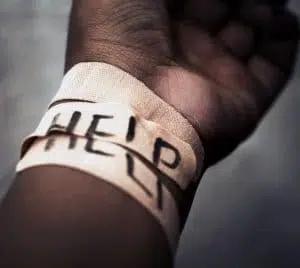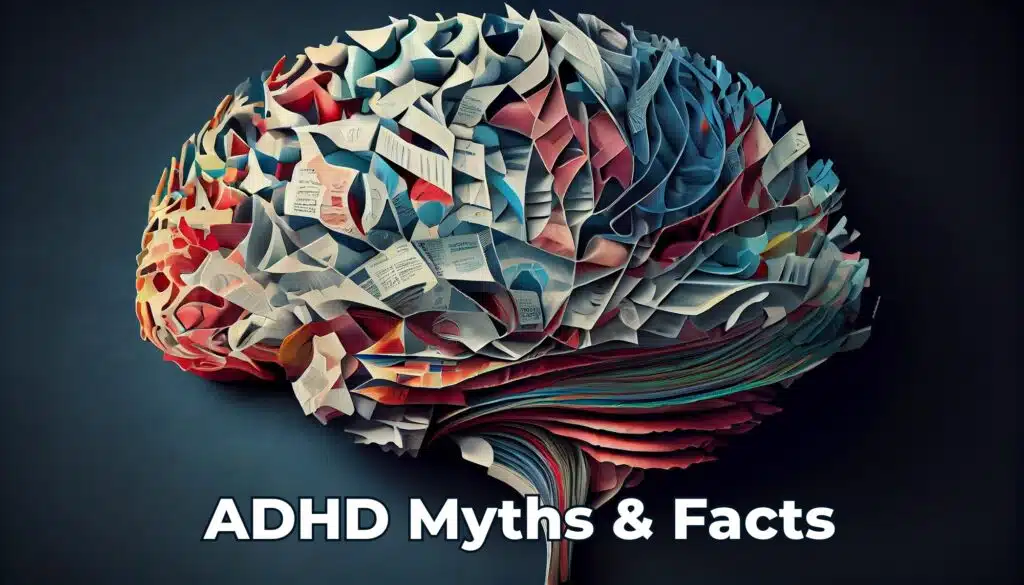If a friend or family member is hurting themselves through self-harm, you may feel at a loss as to what you can do. Maybe they haven’t told you and you’ve noticed it on your own. In these cases, it’s hard to know if you should talk to them about it and how. Or maybe they have opened up to you about it, but you’re still unsure of the right way to help.
Understand the Reasons Why People Self Harm
Many people find it difficult to understand acts of self injury, especially when they are. It’s easy to panic and misinterpret the motives behind acts of self harm. For example, self harm is often mistaken as suicidal behaviour, but there are many other reasons why someone might deliberately injure themselves. This includes wanting to:
- Release feelings of tension, frustration, anger or other strong emotions or overwhelming thoughts.
- Experience something physical when they otherwise feel numb, disconnected and dissociated.
- Distract themselves, alter the focus of their attention, or regain control over their minds when experiencing overwhelming and unavoidable feelings or thoughts.
- Express, communicate or document strong emotions they cannot otherwise articulate.
- Experience a temporary feeling of euphoria that is often associated with the immediate aftermath of self-harm.
Rather than being a suicidal act, self harm is often a type of coping mechanism that helps the individual feel more “real” or validated. Understanding the potential motivations is important before approaching a loved one for support or help.
Approaching Someone to Talk About Their Self Harm
Remember that it’s common for people to hide that they self harm and they may feel self-conscious or ashamed about it. Ask your friend how things are going or how they’re feeling to open the way for a discussion about self-harm. Don’t be confrontational and pick an appropriate time and place to bring the issue up.
Let your friend know that you’re there for them if they feel down or stressed. Tell them you’re worried about them, and why. Be prepared for any reaction. If they seem angry or upset when you bring up the topic of self-harm, it may be because they feel ashamed or are worried about what you think of them.
Encouraging Them to Get Help
It’s natural to be concerned about your loved one’s self harming. Self harm is a complex issue and stopping the behavior and learning new coping mechanisms usually requires the help of a mental health professional. Your priority should be to guide your friend to a clinician.
Encourage them to seek help from a GP, psychotherapist or counsellor. Say something like “I will do anything I can, but I can’t help you alone. Can we get you some support?” or “Have you thought about talking to someone?” Don’t tell anyone else about their self-harm before talking to them about it.
Need to Talk to Someone?
Need to talk to a psychologist? At EDUCARE we can help children, teens and adults in addressing a range of issues. Make a booking online or contact us for more information about our adult and child psychologist services.



